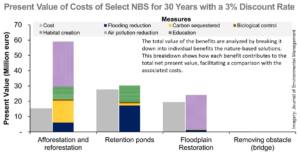
Economic Assessment of Nature-Based Solutions to Reduce Flood Risk and Enhance Co-Benefits
Flooding is increasing due to climate change, urbanization and land-use changes. Nature-based solutions (NBS) are commonly used as innovative and sustainable methods of flood risk management. In addition to reducing flood risk, NBS also offer economic and ecological benefits for society and the environment. However, ...
Posted on 27/01/25
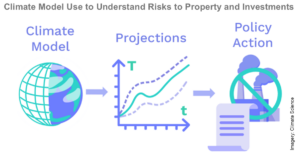
Climate Models Can’t Explain What’s Happening to Earth
Global climate is constantly changing and global warming is moving faster than the best models can handle. Assessing the future impact of influencing factors requires hundreds of years of simulations while we are moving further and further away from our reference points. “We are asking a lot of the models” because m ...
Posted on 24/01/25
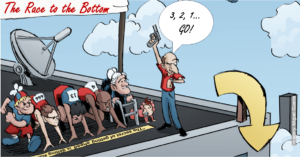
Race to the Bottom
Implementation of the Agenda 2030 is faltering and politicians and business representatives continue to shirk their responsibilities to make the world more socially, economically and ecologically sustainable. The opportunists from politics and industry and the tricks of the climate change deniers encourage the decisio ...
Posted on 22/01/25
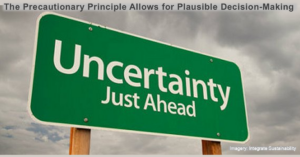
Climate Uncertainty, Real Possibilities and the Precautionary Principle
While skepticism is crucial to scientific inquiry and research, the precautionary principle is ambiguous about the distinction between risk and uncertainty. One challenge for proponents of the precautionary principle is to clarify when evidence that a harmful event could occur is sufficient to consider it a real possi ...
Posted on 22/01/25
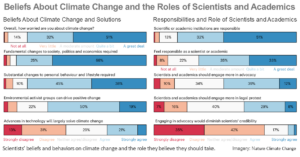
Climate Change Engagement of Scientists
Climate change denial rejects, disputes or opposes the scientific consensus on climate change. Climate change denial includes unfounded doubts about the extent of human-induced climate change, its impact on nature and human society, and the potential for human action to adapt to global warming. Climate change denial ...
Posted on 20/01/25
Postings2025-01-08T09:00:41+02:00

